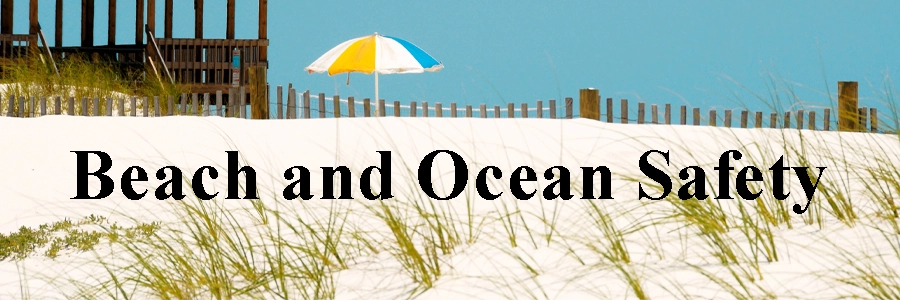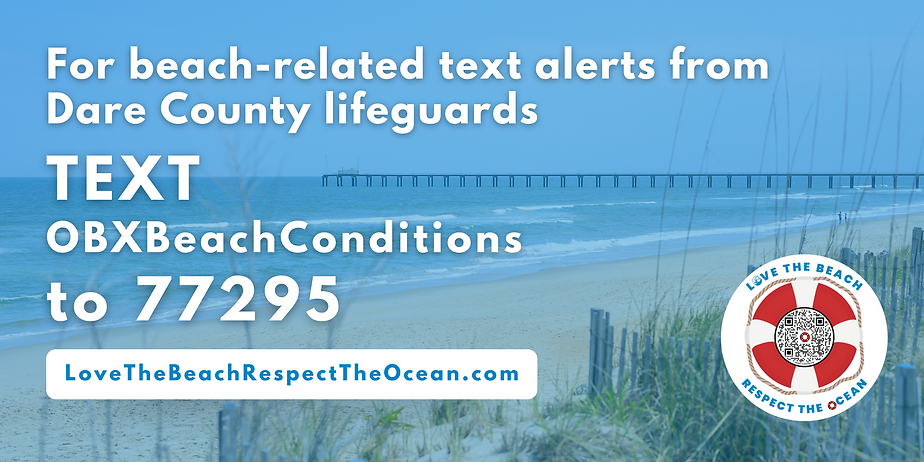Albatross Street (MP 10) - Parking, Lifeguard, Wooden Walkway, Pet Waste Bags
Gallery Row - Sand Access, Pet Waste Bags, No Parking
Abalone Street (MP 10.5) - Parking, Lifeguard, Wooden Walkway, SHowers, Porta Potty, Pet Waste Bags
Admiral Street - Parking, Pet Waste Bags
Baltic Street - Parking, Handicap Parking, Wooden Walkway, Showers, Porta Potty, Pet Waste Bags
Barnes Street (MP 11) - Parking, Wooden Walkway, Showers, Porta Potty, Pet Waste Bags
Blackman Street - Parking, Handicap Parking, Wooden Walkway, Showers, Porta Potty, Pet Waste Bags
Bonnett Street - Parking, Lifeguard, Handicap Parking, Wooden Walkway, Showers, Bath House, Pet Waste Bags
Bittern Street (MP 11.5) - Parking, Wooden Walkway, Showers, Pet Waste Bags
Bladen Street - Parking, Hanidcap Parking, Wooden Walkway, Showers, Porta Potty, Pet Waste Bags
Bainbridge Street - Parking, Wooden Walkway, Pet Waste Bags
Curlew Street (MP12) - Parking, Handicap Parking, Wooden Walkway, Showers, Porta Potty, Pet Waste Bags
Hollowell Street - Parking, Lifeguard, Wooden Walkway, Showers, Pet Waste Bags
Conch Street (MP 12.5) - Parking, Handicap Parking, Wooden Walkway, Pet Waste Bags
Enterprise Street (MP 14) - Parking, Handicap Parking, Lifeguard, Wooden Walkway, Showers, Porta Potty, Pet Waste Bags
Loggerhead Street - Parking, Wooden Walkway, Showers, Pet Waste Bags
Town Hall - Parking, Handicap Parking, Wooden Walkway, Porta Potty, Pet Waste Bags
Forrest Street - Parking, Handicap Parking, Life Guard, Wooden Walkway, Showers, Porta Potty, Pet Waste Bags
Grouse Street (MP 16) - Sand Acces, No Parking
Glidden Street - Parking, Handicap Parking, Wooden Walkway, Showers, Pet Waste Bags
Gull Street - Parking, Handicap Parking, Pet Waste Bags
Gray Eagle Street (MP 16.5) - Parking, Lifeguard, Wooden Walkway, Porta Potty, Pet Waste Bags
Jennette's Pier - Parking, Handicap Parking, Lifeguard, Wooden Walkway, Showers, Bath House, Pet Waste Bags
Gulfstream Street - Parking, Handicap Parking, Lifeguard, Wooden Walkway, Showers, Pet Waste Bags
Governor Street (MP 17) - Parking, Porta Potty, Pet Waste Bags
Huron Street - Parking, Wooden Walkway, Porta Potty, Pet Waste Bags
Holden Street - Parking, Handicap Parking, Wooden Walkway, Pet Waste Bags
Hargove Street (MP 17.5) - Parking, Handicap Parking, Lifeguard, Wooden Walkway, Showers, Bath House, Pet Waste Bags
Ida Street - Parking, Lifeguard, Pet Waste Bags
Isabella Street (MP 18.5) - Parking
Islington Street - Wooden Walkway
Indigo Street - Parking, Handicap Parking, Lifeguard, Wooden Walkway, Showers, Porta Potty, Pet Waste Bags
Jay Street (MP 19) - Sand Access, No Parking
June Street - Parking, Handicap Parking, Wooden Walkway, Showers, Porta Potty, Pet Waste Bags
James Street - Sand Access, No Parking
Jacobs Street (MP 19.5) - Sand Access, No Parking
Juncos Street - Parking, Handicap Parking, Lifeguard, Wooden Walkway, Showers, Porta Potty, Pet Waste Bags
Surfside Drive - Sand Access, No Parking
Limulus Drive (MP 20) - Parking, Lifeguard, Pet Waste Bags





